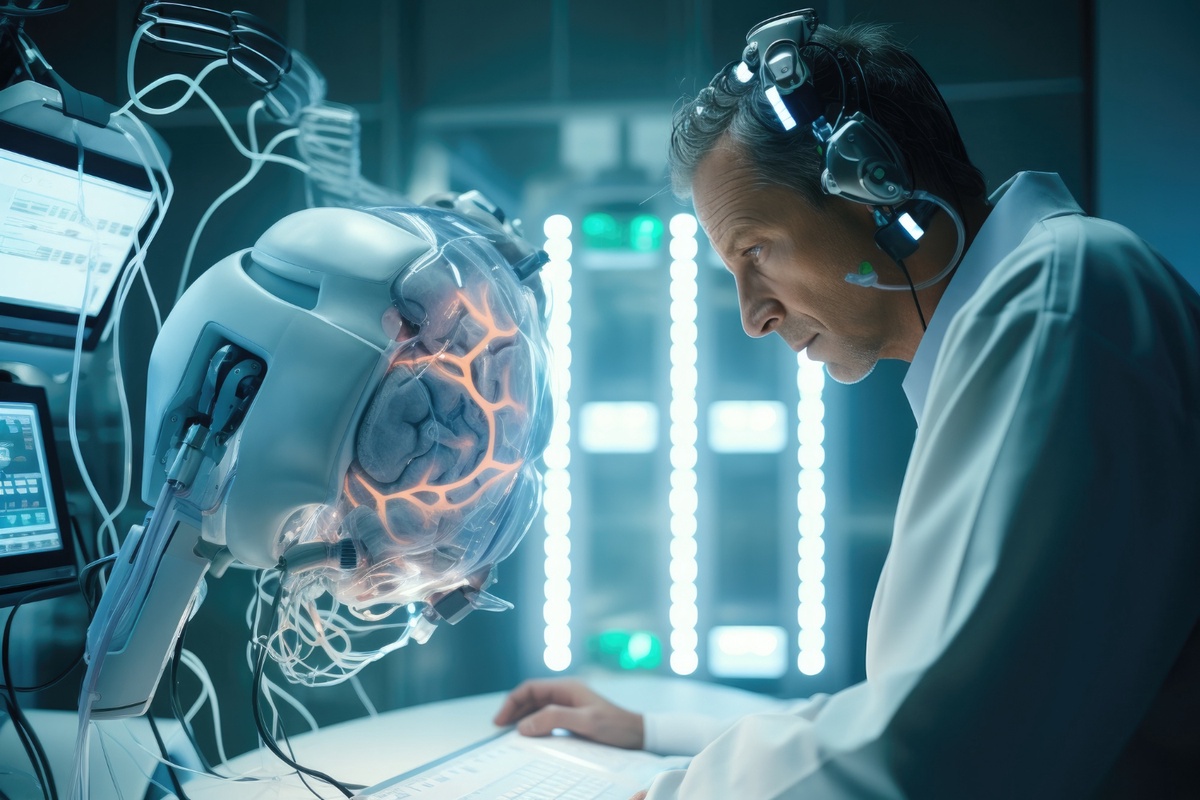Forensic science is a cornerstone of providing true justice. It utilizes scientific principles and techniques to investigate crimes and solve mysteries. Some mysteries are solved, and some do not; these require an effective solution. Integrating Artificial Intelligence (AI) in forensic science can effectively change the mysteries.
AI can analyze large amounts of data and identify complex patterns to enhance forensic practices. It can investigate crime scenes, identify crime suspects, and improve the provision of evidence. AI algorithms and techniques offer a wide range of benefits to enhance the investigation and help the organization to mitigate data-based security risks.
Benefits of AI in Forensic Science

Enhanced Evidence Analysis
AI algorithms can process and analyze large volumes of data, such as DNA samples and ballistics, in a few minutes, much faster than human experts. The speed of AI can be crucial in solving cases quickly and efficiently. AI can also identify patterns and connections in evidence that may not be immediately apparent to human analysts, leading to more accurate and reliable results.
Improved Crime Scene Investigation
AI-enabled drones and robots can be used to gather evidence at crime scenes more systematically and efficiently. This can capture high-resolution images, create 3D models of the scene, and even collect physical evidence. AI can also help investigate and reconstruct events, identify potential leads, and gather more information while minimizing the risk in the field.
Digital Forensics Advancements
AI tools can analyze digital evidence, such as emails, social media posts, and computer files, to extract valuable information related to a case. AI can identify hidden patterns in data, uncover deleted or encrypted information, and even predict potential actions on digital footprints. This will help the experts greatly assist investigators in tracking suspects, uncovering motives, and solving crimes.
Facial Recognition for Suspect Identification
AI-powered facial recognition systems can match faces in surveillance footage or images to a database of known individuals. This will help law enforcement agencies identify suspects more quickly and accurately than traditional methods. AI-based facial recognition can also be used to track suspects' movements and gather evidence of their whereabouts. Therefore, leverage the expertise of AI developers to maximize the forensics tasks faster and more efficiently.
Real-time Decision-making
AI can process and analyze data in real-time, this will allow investigators to make informed decisions quickly. For example, AI can analyze data from multiple sources, such as surveillance cameras, social media feeds, and criminal databases, to identify potential threats or suspects. This will mostly benefit when there is a hostage situation or a natural disaster.
Resource Optimization
Connect to the best AI development company to automate various tasks. AI developers can also help forensic labs optimize their resources. AI will be beneficial in prioritizing evidence analysis based on valuable information, allowing investigators to focus their efforts where they are most needed. This will lead to cost savings and more efficient operations.
Predictive Analysis
With AI-based tools and algorithms, experts can analyze past crime data to identify patterns and trends, helping law enforcement agencies predict and prevent future crimes. AI developers will assist in analyzing data from past years to identify high-risk areas and recommend strategies to prevent future gaps. These will allow the experts to lead to more effective methods and safer communities.
Summary
The integration of AI in forensic science will potentially change how crimes are investigated. This transformative change will offer powerful AI tools for analyzing and interpreting evidence. By leveraging machine learning algorithms, AI can assist in identifying patterns, analyzing complex data sets, and even predicting criminal behavior. However, the industry will see significant change by implementing AI strategies to enhance forensic investigations for more reliable outcomes and justice.


No comments yet